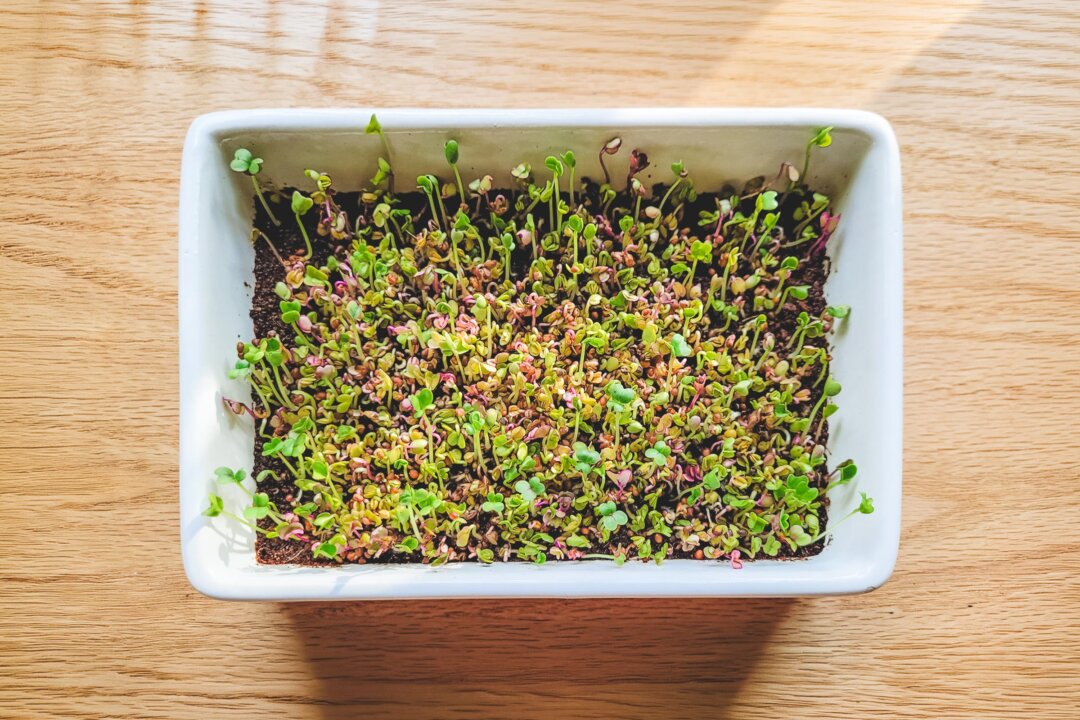
As winter sets in, health officials are sounding the alarm about a significant rise in norovirus cases across the United States. According to the latest surveillance data from the Centers for Disease Control and Prevention (CDC), approximately 14% of lab tests conducted last week returned positive for norovirus, marking a twofold increase compared to three months earlier. Several states are currently reporting elevated case numbers, indicating a potentially harsh norovirus season ahead.
Surging Outbreaks and Historical Context
Traditionally, norovirus has been associated with outbreaks on cruise ships, but it is a widespread and highly contagious virus that can be transmitted through contaminated food and surfaces. The CDC recorded at least 2,675 outbreaks in the U.S. from August 2024 to July 2025, nearly double the 1,478 outbreaks reported during the same period the previous year. Although the frequency of outbreaks settled down in the fall, the current data suggests a worrying trend as winter approaches when people are more likely to congregate indoors.
The positivity rate of 14% for mid-November mirrors the figures seen during the same timeframe last year. In December 2024, the nation experienced an alarming peak, with testing rates reaching nearly 25%. According to data from Epic Research, states such as Wyoming, Nebraska, and Oklahoma are currently facing the highest reported cases of norovirus.
Understanding Norovirus and Prevention Strategies
While it is uncertain whether this winter will witness a surge comparable to last year’s peak, even a less severe season can result in significant gastrointestinal distress. Annually, norovirus leads to about 20 million cases of vomiting and diarrhea in the U.S., and while the illness is rarely fatal, it results in approximately 100,000 hospitalizations each year.
To minimize the risk of contracting or spreading norovirus, health officials recommend several preventive measures. These include washing fruits and vegetables thoroughly and ensuring that shellfish is cooked properly. It is also essential to clean kitchen utensils and surfaces after preparing food, especially shellfish. Proper hand hygiene is crucial; hands should be washed thoroughly with soap and water after handling uncooked food, as norovirus can be transmitted through contaminated hands.
If individuals begin to feel unwell, avoiding close contact with others and maintaining rigorous hand-washing practices can help curb the spread of the virus. Notably, hand sanitizers are ineffective against norovirus, underscoring the importance of traditional handwashing methods.
With the holiday season approaching, vigilance against norovirus becomes even more critical. The unpleasant experience of norovirus is one that many would prefer to avoid, and ongoing research into a vaccine may one day offer a more effective means of prevention.






